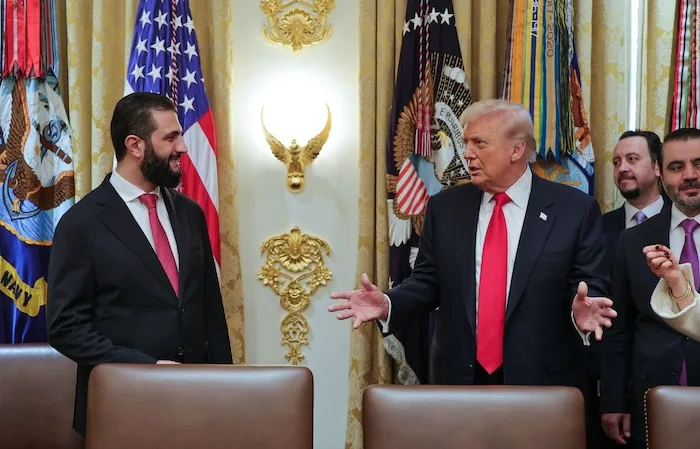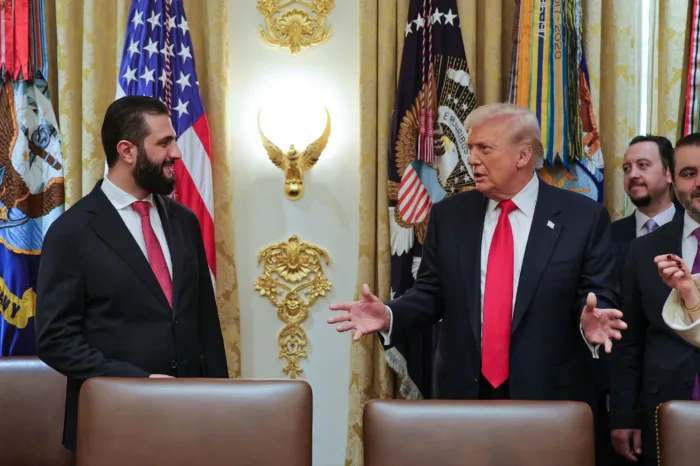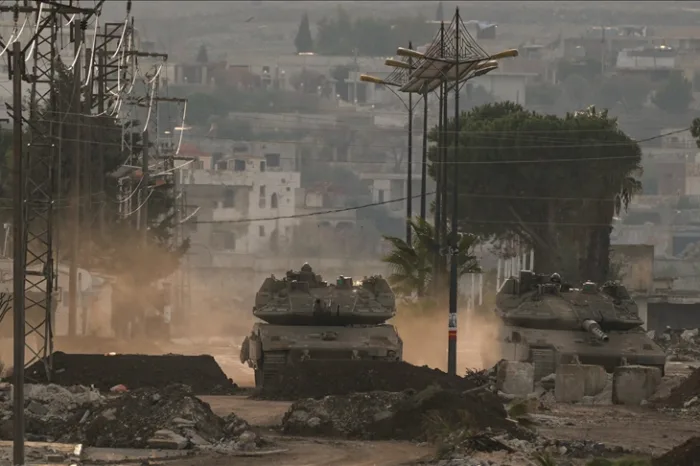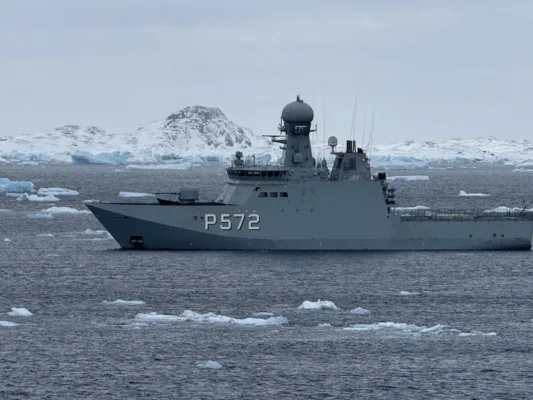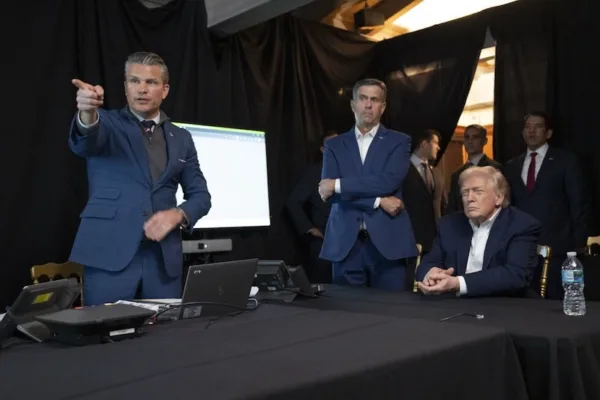US withdrawal from Syria puts stakeholders on alert
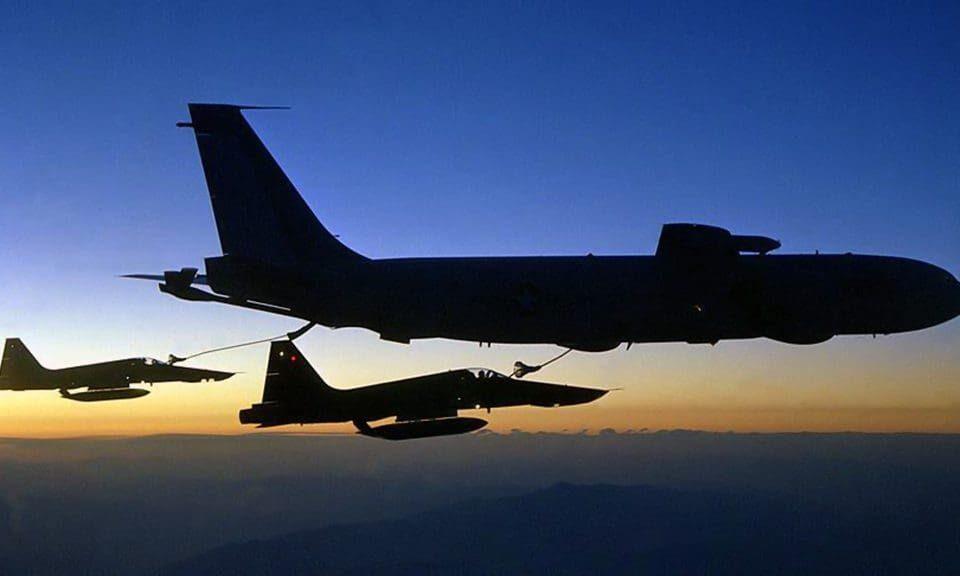
Following the announcement of the decision of the U.S. to withdraw from Syria last December, debates about this decision continued in the first week of the new year. In addition to statements from U.S. President Donald Trump and Secretary of State Mike Pompeo, this week National Security Adviser John Bolton and Chairman of the Joint Chiefs of Staff Joseph Dunford will visit the Turkish capital Ankara together with U.S. Syria envoy James Jeffrey to negotiate the withdrawal with Turkish authorities. These debates should bring clarity about the nature of coordination and cooperation between Turkish and American forces in northern Syria.
Just like previous critical decisions by the U.S. in foreign policy, this decision also brought a lot of confusion for countries in the region. Since the announcement of “imminent withdrawal,” there have been multiple statements that complicated and confused the timeline and type of withdrawal of the U.S. forces. First, President Trump tweeted about a slow but coordinated withdrawal, which raised the question of the meaning of “slow.”
Following a report in regards to a timeline of 90 days, another report argued that it would take four months for U.S. forces to leave Syria. However, President Trump, in his first press conference before his Cabinet meeting, contended that he never gave a deadline, but U.S. forces will definitely leave Syria sooner or later.
The same question is being asked of almost all high-level U.S. officials about the timeline, and there is still no definitive answer. Recent reports and interviews with high-level U.S. officials indicated that the withdrawal from Syria has been on the president’s agenda for a while. Considering this, it is surprising to see this lack of coordination among different U.S. agencies, which causes skepticism about the very necessary coordination between the U.S. and Turkey to stabilize the region.
There are important challenges in Syria following the end of the civil war in the country. Countries like Turkey have long been advocating a thorough process that will stabilize and reconstruct Syria and ensure the safe return of refugees and internally displaced persons (IDPs) to their homes. In particular, existing humanitarian crises need to be dealt with by the collective effort of the international to stabilize the country.
There is not enough emphasis on human security following the end of the war in Syria. So far, most stabilization efforts have focused on the more conventional understanding of security in Syria. Even on this issue, however, significant questions are unresolved. The security of the country can only be provided by eradicating terrorist groups from Syrian territories and a meaningful political process that achieves effective and functional governance structures in the country.
The particular goals of the U.S. administration, such as defeating Daesh, require firm international coordination following the territorial defeat of the group in Syria. The empowerment of local actors, building capacity in local political groups and enduring support for these groups by the international coalition will be important to prevent a resurrection of terrorist groups in the future. Similarly, dealing with foreign terrorist fighters makes it mandatory for these states to work together in the next phase of the Syrian conflict.
In fact, it necessitates the commitment of the nation states that were involved in Syria and the prevention of actions by potential spoilers in this process.
All of these challenges require a political process and a road map for the future involvement of the nation states in these procedures. The uncertainty and unpredictability of the actions of these actors are extremely risky. Thus, the region requires a clear timeline with regard to the nature of the U.S. withdrawal and coordination in this process by the U.S. with its allies.
This article was first published by Daily Sabah on January 4, 2019.

